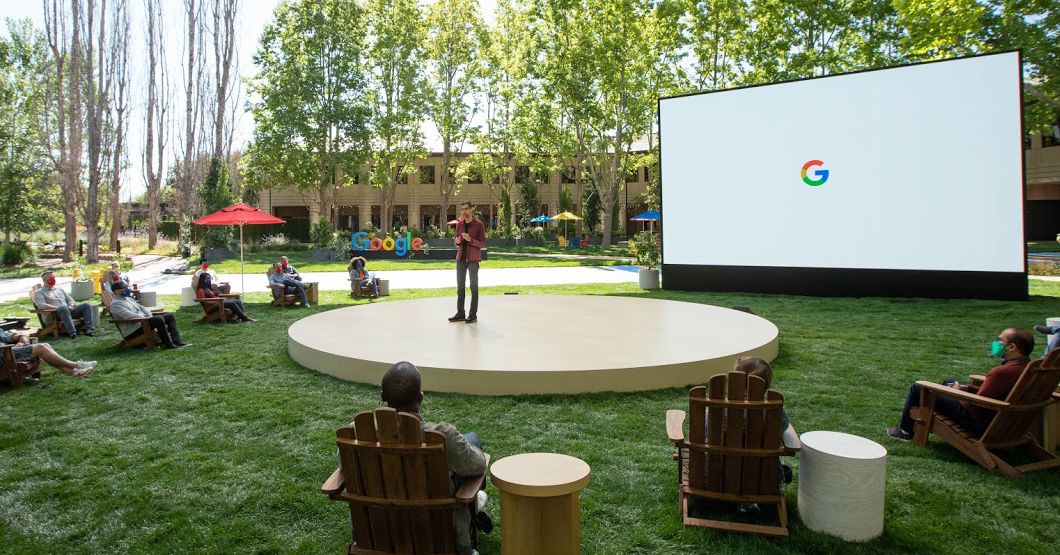Google is updating its search algorithms to prevent sites from filling search results with unproven slanderous claims about individuals, The New York Times reports. The changes follow a recent series of reports from the Times, which found a vast web of sites hosting unverified and potentially life-ruining claims about individuals, alongside an industry of other services promising to remove the offending content from search results for substantial fees.
The search giant is making a series of changes to its rankings to combat the sites, which Google’s vice president for global policy and standards and trust and safety David Graff said should eventually have a “significant and positive impact” for those affected. Now, when users report they’ve been a victim of these sites by using its pre-existing process, Google will register that person as a “known victim,” and will automatically “suppress” similar results for that person’s name, the Times says.
Following investigations from New York Times
It’s an important shift considering how these sites operate, where posts are routinely taken from one site and republished across over a dozen more. The Times even conducted an experiment where it created one such post about its own reporter, only to see an initial crop of five posts spawn 21 more across a network of 15 sites. Google’s changes could help to stop these numerous posts from clogging up search results. The NYT reported that completely taking down the posts would have cost it around $20,000. Individual sites and services reportedly charged upwards of $700 to get each post removed.
Some of the changes have reportedly already come into effect, with more coming in the months ahead, but the Times reports that its own tests have highlighted initial problems with the approach. Although it says posts had “mostly” disappeared for some users, it notes that Google’s changes didn’t appear to have caught a new slander site, which may not have received the volume of complaints to put it on Google’s radar yet. However, for others, the new process appeared to work better, with posts disappearing from the first page of text and image results.
”Over the years, our approach to improving quality issues in search ranking has been consistent: we do not take the approach of “fixing” individual queries, but we take these examples and look for ways to make broad algorithmic improvements,” the head of Google’s search quality team, Pandu Nayak, said in a statement. “Our ability to address issues has improved with better technology, tools and quality signals, and today we’re able to take a more nuanced approach to address specific classes of queries. But the underlying principles remain the same.”
The move represents the latest shift away from Google’s original self-proclaimed role as an impartial provider of results. Back in 2004 the company said its results were “generated completely objectively and are independent of the beliefs and preferences of those who work at Google.” But over the years this position has softened, particularly in light of legislation like the EU’s “right to be forgotten.” It means the company is fulfilling an increasingly important role on the web, even beyond the 90 percent of global searches it currently handles.
Update June 10th, 11:38AM ET: Updated with a statement from Google.




